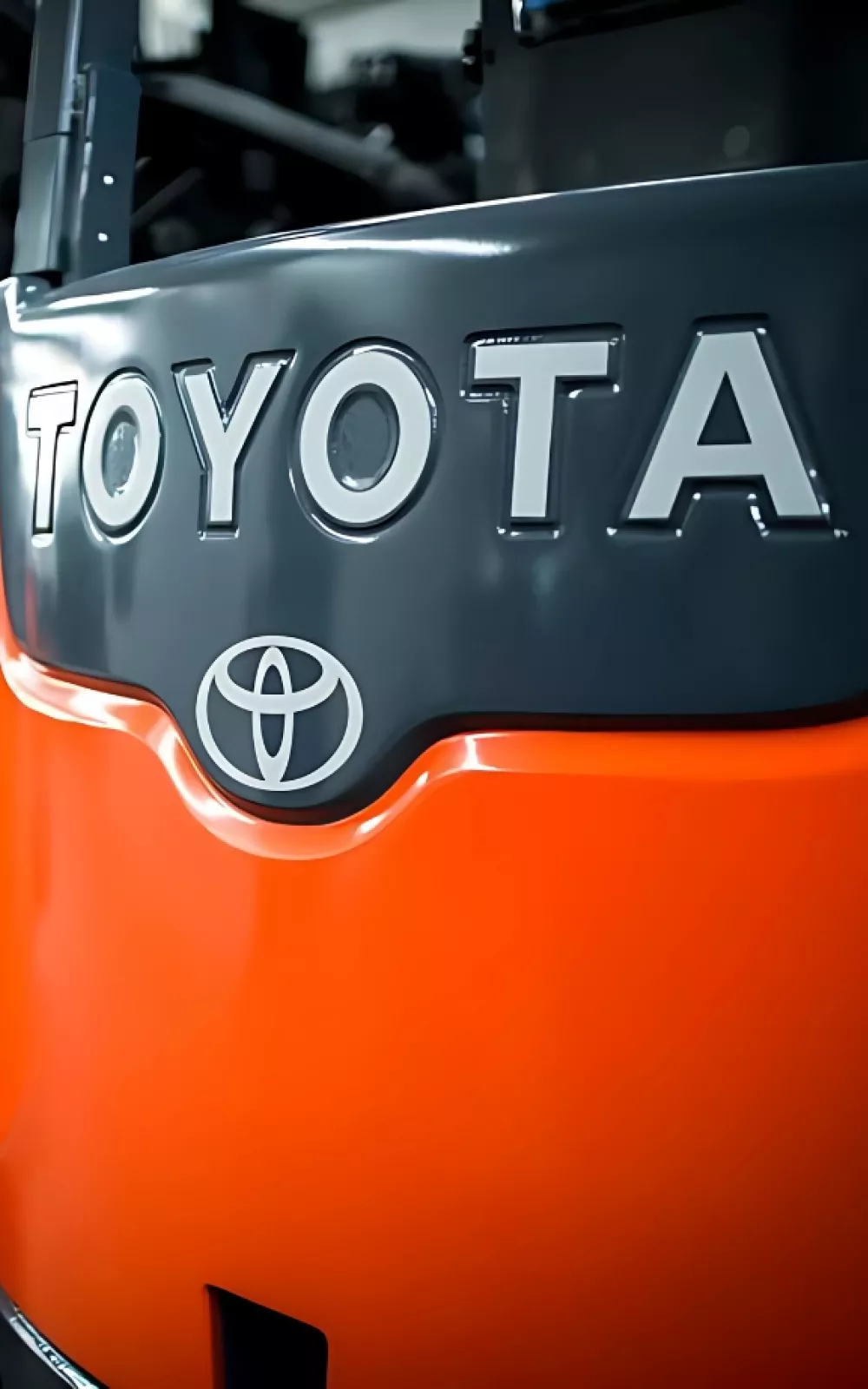Rent
ProLift offers daily, weekly, and monthly rentals. Find the right equipment for maximum productivity and safety.
Let us know how we can assist you! A ProLift specialist will connect with you to help with your material handling needs.
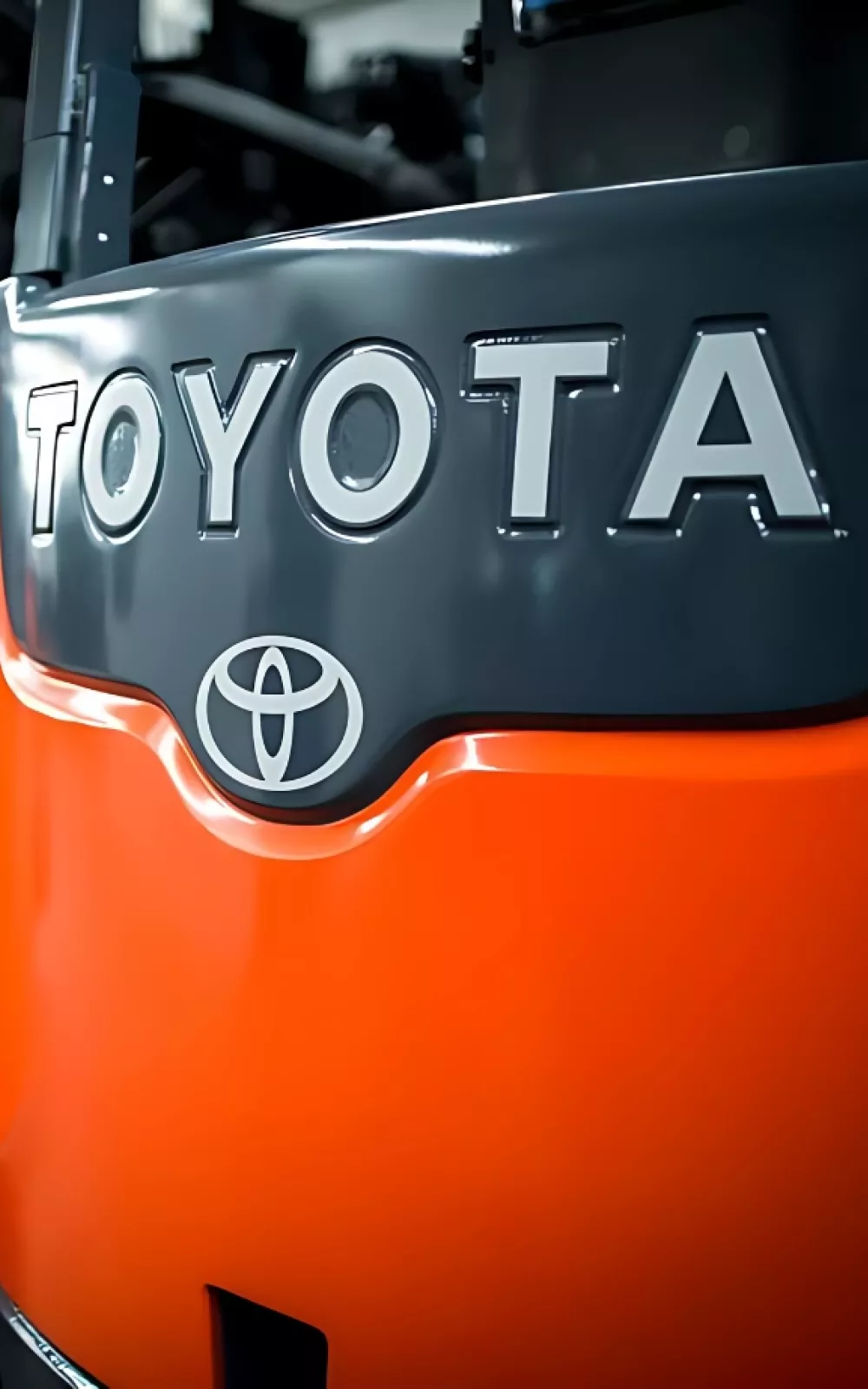

This course provides instruction on forklift safety principles. Operators review the top causes of accidents, stability, daily inspection, and fueling procedures. Emphasis is placed on your unique equipment and workplace-related issues. Each participant takes a written test, performs pre-shift inspection, and receives hands-on instruction for equipment operated at your facility.
Contact ProLift today to connect with our safety specialist. Based on the number of operators and preferred site, we'll provide you with a quote and available training dates.


In addition to learning forklift safety principles taught in an operator training, your trainer reviews OSHA regulations, classroom preparation, and hands-on evaluation procedures. Hands-on evaluations are included to ensure standard training requirements are met.
The training class comes with a video kit tailored to your equipment, along with class training materials and a trainer binder. Additional training materials are available for purchase.
Contact ProLift today to connect with our safety specialist. Based on the number of attendees and preferred site, we'll provide you with a quote and available training dates.

Contact ProLift today to connect with our safety specialist. Based on the class type, number of attendees and preferred site, we'll provide you with a quote and available training dates.

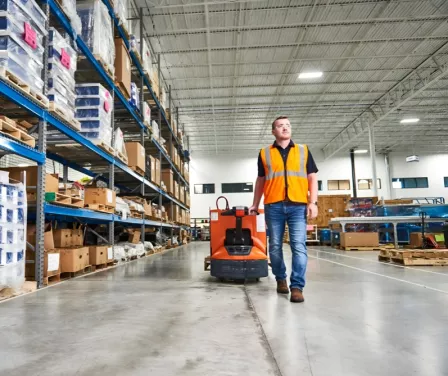
Stay compliant with OSHA and your company’s safety policies. Get answers to frequently asked safety questions about our training classes.
Many customers schedule on-site training to give their operators and trainers the opportunity to address specific challenges and safety concerns. However, if you have a smaller group, ProLift's on-site training classes may be a more cost-effective and convenient option.
ProLift offers safety training classes at multiple locations to support customers in local markets. These classes include forklift operator safety training as well as train-the-trainer programs for forklifts.
View Schedule
Each employer should establish minimum standards based on general operations and their specific applications. Additionally, it is up to the employer and trainers to decide the pass/fail criteria for evaluating forklift operators.
Best Practices
Having an in-house trainer is especially beneficial when your company frequently onboards new operators or requires regular refresher training. However, there are challenges to consider when taking on this responsibility, such as ensuring up-to-date knowledge.
Read Article
Frequent damage to forklift paint, such as scratches, scuffs, and chipped areas, can indicate unsafe operating practices and highlight potential training gaps. This wear often results from repeated contact with racking, walls, or other surfaces, suggesting that operators may be misjudging clearances or handling loads improperly.
Left unaddressed, these signs of improper operation can lead to more significant issues, such as equipment damage, costly repairs, and increased safety risks in the workplace.
Toyota Forklifts do not impose a weight limit for operators. However, optional features like retractable seat belts, adjustable seats, and tilt columns can improve comfort for different body types. Physical size may prevent some operators from using certain forklifts, as federal regulation ANSI B56 5.2.4 requires that operators keep all body parts within the operator compartment. For safe operation, operators must be able to fit entirely within the confines of the equipment.
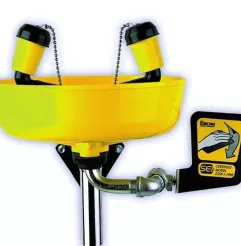
ProLift offers a selection of safety training materials for your internal forklift programs. Make your classroom preparation easier with video training kits, daily inspection checklists, lock-out/tag-out kits, operator wallet cards and more.

Forklift safety training is an OSHA requirement for all forklift operators. Every employer is responsible for ensuring operators are competent to drive a forklift and provide training prior to operation at the job site. Training must:

An evaluation of an operator’s performance must be conducted every 3 years. You should also provide refresher training to forklift operators under the following circumstances:

Discover articles on safety topics, including equipment training requirements, replacement parts, and repairs.
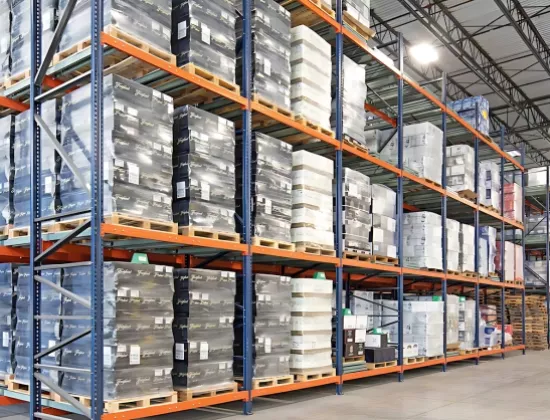
Explore information regarding warehouse layout, pallet racking, and automation.
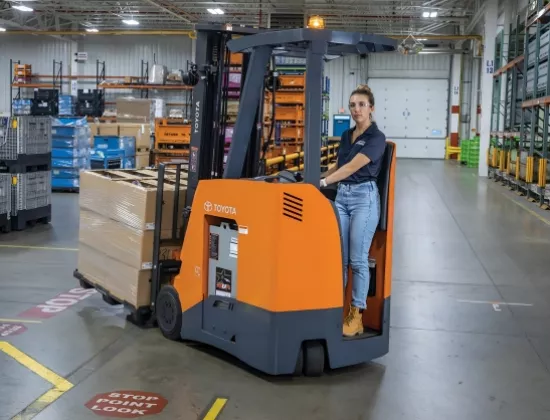
Compare a variety of equipment manufacturers and model options to secure the best investment.
Let us know how we can assist you! A ProLift specialist will connect with you to help with your material handling needs.
